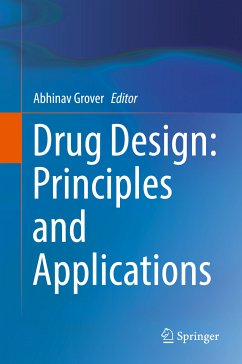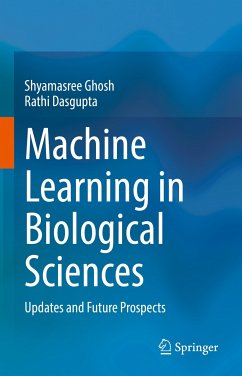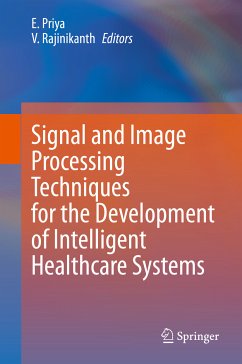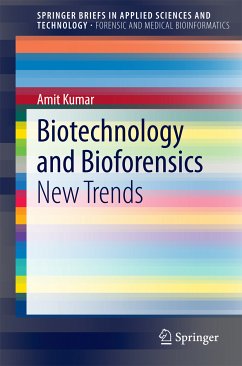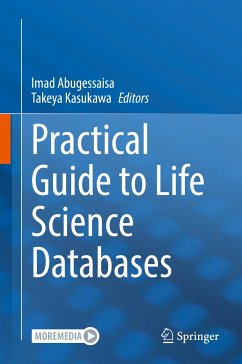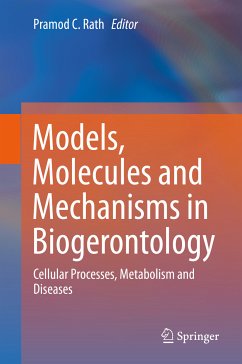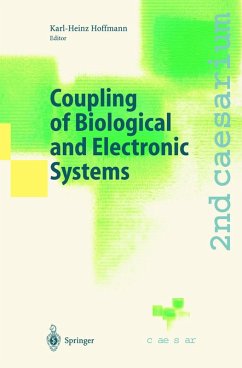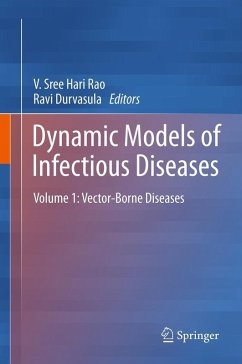
Blockchain for Biomedical Research and Healthcare (eBook, PDF)
Concept, Trends, and Future Implications
Redaktion: Kumar, Prasun; Kumari, Aparna
Versandkostenfrei!
Sofort per Download lieferbar
160,95 €
inkl. MwSt.
Weitere Ausgaben:

PAYBACK Punkte
80 °P sammeln!
Blockchain is a new type of technology that combines and secures information exchange between different stakeholders such as medical practitioners, patients, healthcare providers, and other applicable parties. Among them, Blockchain Technology is one of the most important areas in the bioinformatics application of biomedical research and healthcare systems utilizing unique requirements and integration features. All the chapters are written by experts and researchers working in various areas of the biomedical and healthcare domain and they also dive into one of the most overlooked methodologica...
Blockchain is a new type of technology that combines and secures information exchange between different stakeholders such as medical practitioners, patients, healthcare providers, and other applicable parties. Among them, Blockchain Technology is one of the most important areas in the bioinformatics application of biomedical research and healthcare systems utilizing unique requirements and integration features. All the chapters are written by experts and researchers working in various areas of the biomedical and healthcare domain and they also dive into one of the most overlooked methodological, practical, and moral questions to secure and handle the enormous amount of data being generated from IoT-enabled biomedical and healthcare systems. In the beginning, this book presents an overview and then discusses open issues, challenges, and applicability aspect of Blockchain technology in healthcare. Then, this book presents a variety of perspectives on the most pressing questions in the field, for example: how IoT can connect billions of biomedical and healthcare information; how the blockchain-based secure access control mechanisms in biomedical and healthcare work; how to address the Quality-of-Service (QoS) and real-time accessibility requirements for healthcare applications; and how to ensure communication with efficiency. Also, it discusses Blockchain for IoT-enabled healthcare systems and presents a comparative analysis with respect to various performance evaluation metrics too.
Dieser Download kann aus rechtlichen Gründen nur mit Rechnungsadresse in A, B, BG, CY, CZ, D, DK, EW, E, FIN, F, GR, HR, H, IRL, I, LT, L, LR, M, NL, PL, P, R, S, SLO, SK ausgeliefert werden.



